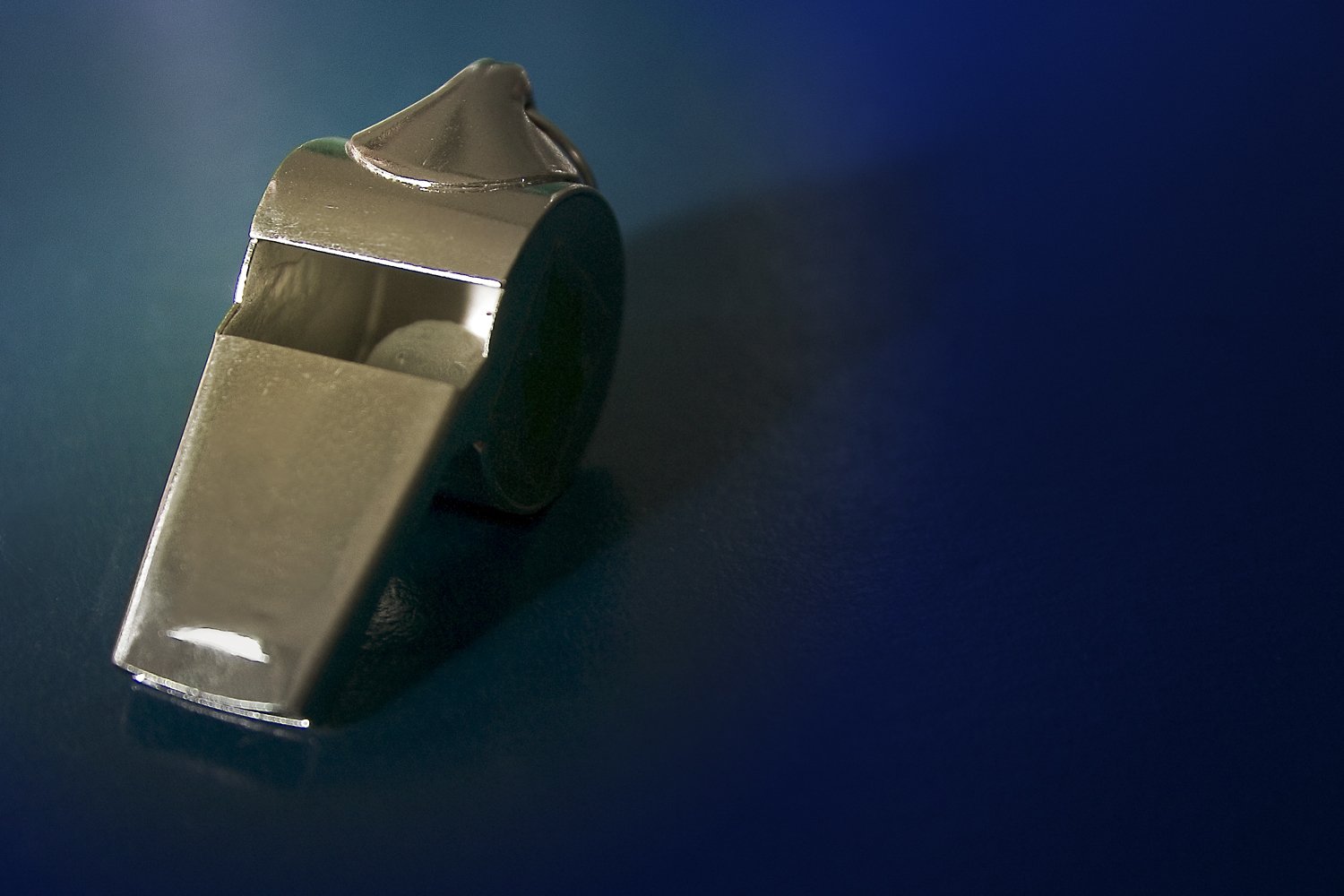

epo.org link) to produce for it some more propaganda and without a shadow of a doubt claim -- as usual -- the very opposite of the truth. The EPO did this many times before and there were many debunkings.
Union Syndicale Fédérale (USF) has penned a letter to senior European Patent Office (EPO) officials highlighting what it calls the “extreme” situation and “shocking events” taking place at the office.
In its letter, addressed to current EPO president Benoît Battistelli, president elect António Campinos and all 38 Delegations of the EPO’s Administrative Council, among others, USF said it had been following the situation with “great concern”.
[...]
USF concluded: “Beyond the mere application of article 6 of the European Convention on Human Rights (access of individual workers to an independent and impartial court) the issues of the European Social Charter as a universal source of social rights, the locus standi of union and the creation of appellate judicial bodies are now being raised.”
“USF considers that the various organs of the Council of Europe deserve to conduct their discussions and develop their conclusions with an adequate degree of autonomy, but any support or encouragement your institution of government may convey to the current debates at the Council of Europe would help re-establishing decent working conditions, transparency and a positive perception of the EPO by the public.”
Pressure is continuing to build on the European Patent Office (EPO) over its treatment of staff and continued refusal to accept the results of an independent tribunal.
This week, Europe's largest trade union, the Union Syndicale Fédérale (USF) wrote to all 38 members of the EPO's Administrative Council noting its "great concern" at recent "extreme" EPO management actions that point to "fundamental flaws in the institutional setup of the EPO."
The letter [PDF] notes that the situation at the EPO – where staff have been hounded and fired and then been ignored when they have taken their cases to an independent tribunal and won – is now being actively discussed in other European institutions, including the Council of Europe.
"USF wishes to draw your attention to an important ongoing debate between organs of the Council of Europe," the letter notes. "The debates in Strasbourg focused on the issues of strengthening the legal system of international organizations and of the strict limitation of activities covered by their immunity of jurisdiction."
[...]
That complaint argues that the long-planned Unitary Patent Court (UPC) is not legal because the EPO – which approves patents – has insufficient governance mechanisms. It will be heard later this year.
The situation has grown so dire that the Council of Europe has started looking into making high-level changes to prevent international organizations from going awol – and the initial recommendations are referenced in USF's letter to the EPO's Administrative Council.